---------------------------------------------------------
In recent years there has been a wonderful movement gaining traction in every corner of the country. People are wanting to know more about the food they are eating and the chemicals they are unknowingly bringing into their homes. Farmer’s Markets are popping up in every town, solar panels are becoming more common in suburbia, old skills that our great grandparents knew from childhood are being rediscovered, bartering and trading with neighbors is becoming more common. People are wanting to live a more self-sufficient, sustainable life. Many people living this lifestyle have adopted the term “homesteader”.
What is a homesteader?
The dictionary defines a homesteader as “an owner of a homestead, or a settler under the Homestead Act”. In the quest to settle the west, The Homestead Act of 1862 granted a tract of land to anyone who applied for little to no cost. They simply had to agree to build their home, improve the land and commit to being there for at least 5 years.
The great thing was this act applied to anyone willing to fulfill the requirements, even people who previously were unable to own land like single women and former slaves. This is what I love about continuing to use the term “homesteader”. ANYONE can do this, you simply need the motivation and commitment.
Starting out, homesteading can seem overwhelming – improving your soil, growing your food, raising animals, learning to sew, cook from scratch, canning, preserving, using fewer resources, composting, baking bread, making jam, making cheese, churning butter, natural medicine, natural cleaners………there is a steep learning curve and it’s so easy to get overwhelmed.
It won’t happen overnight, but give yourself 5 years like the homesteaders before us and I bet you will be surprised at how far you can come! And when those 5 years are up, you will still be learning.
Keeping moving forward through the failures
There are always new skills to learn, always new situations to encounter. Along the way, you will discover things you love and things you don’t. Maybe you love making cheese, but can’t grow a tomato to save your life. Does this make you a Homesteading Failure? Definitely not! No one’s going to take your homesteader license away. Our homesteading ancestors understood this and there was no shame. They simply found someone who loved growing tomatoes who was thrilled to trade for fresh cheese.
Even if you CAN do it all – you don’t have to. Can you live in a modern house with electricity, cable, and high speed internet, and still be a homesteader? Absolutely. Can you buy all your meat at the store because hunting and butchering make you squeamish? Of course. It’s your life. Do what makes you happy and what works for your family right now.
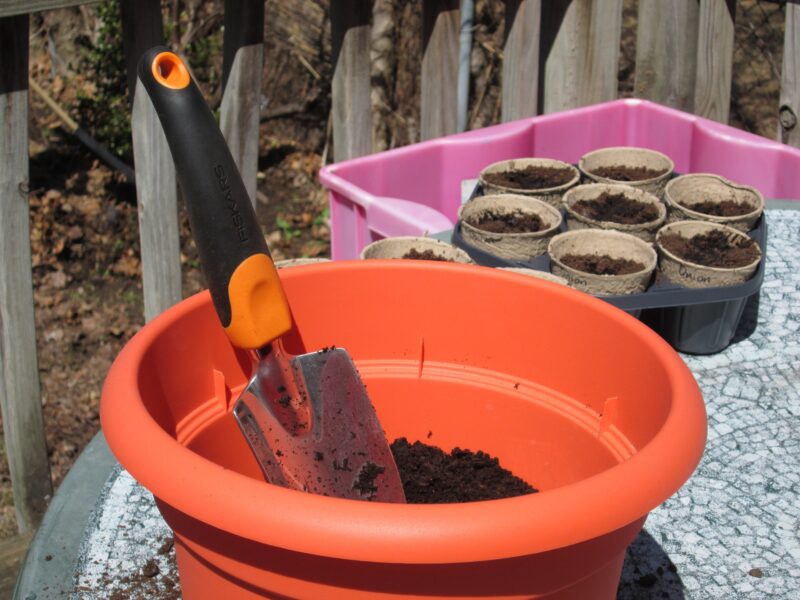
Getting started
So where do you start? I am one of those people that loves lists, so that is where I would recommend starting. Write down your goals (click here to read more about homestead goal setting). There is something so official about physically writing things down. Plus it gives you something to refer back to in the future. When you lose your way, when you feel discouraged, you can see all the things you have accomplished so far and be reminded of where you want to be headed.
Everyone’s goals will be different based on their current skills and their current resources. I would recommend tackling one major goal per year, then breaking that down into smaller tasks. Maybe in year one you want to work on Clean, Simple Eating. Focus on learning how to cook from scratch, eliminating as many convenience foods as possible. Learn how to make pasta, bake bread, churn butter, make cheese – cook simple meals with in-season food made with real ingredients.
Already know how to cook? You might decide to focus on providing your own food by gardening or raising animals for meat, reducing your dependence on the grocery store while also improving your family’s health.
Maybe your first priority is reducing your impact on the earth. Look into alternate energy sources, shop local, eliminate the chemical cleaners in your home, and reduce your household waste through recycling, composting & buying items with limited packaging.
The land issue
This might be the biggest hurdle in people’s minds about homesteading. Does having 100 acres make you more of a homesteader than someone who lives in an apartment? I don’t think it does. There are plenty of people with 100 acres that don’t use their land to its potential and plenty of people with 1/10th an acre and every inch is productive.
Having land certainly opens up more possibilities for you, but I think it is completely doable for an apartment dweller or someone with a small suburban yard to be a homesteader. To me, homesteading is a lifestyle, a decision to live a more sustainable life. You don’t have to live in an off-grid cabin in the woods to do that.
If you don’t have the acreage for a cow, get a couple of goats. If you don’t have space for goats, get a couple of chickens or keep some rabbits in your garage or spare bedroom. If you don’t have the stomach for processing animals, join a local CSA (Community Supported Agriculture) or frequent local farmer’s markets. If you don’t have the space to grow a huge garden, grow what you can and trade the excess with neighbors. Buy the rest from local farmers when possible.
If you have no land at all you can still support local farmers & eat locally by shopping at farmer’s markets. Can seasonal produce, make your own cleaners, grow herbs in a windowsill, reduce your household waste. Mend your clothes instead of buying new. Learn how to make herbal extracts and salves. Learn about essential oils. Learn self-sufficient skills like spinning, bread making, cheese making– and so many, many, more “homesteader” skills that require no land at all.
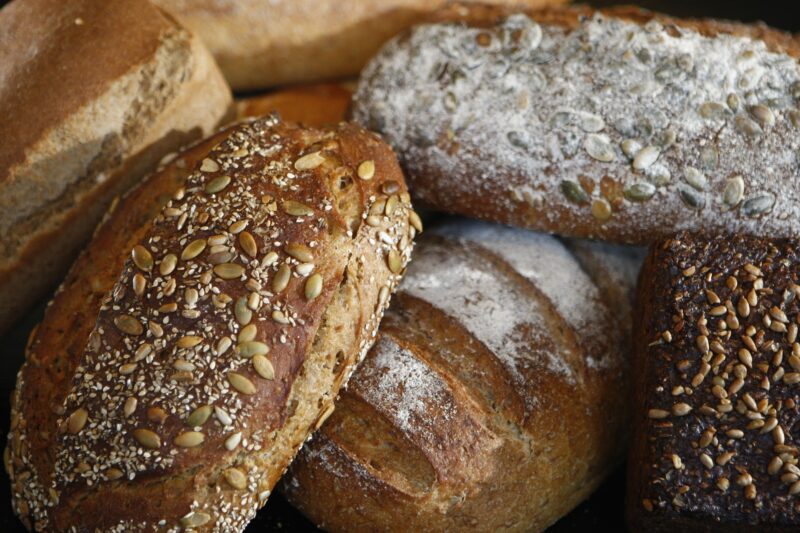
Alright so you’re ready to jump on the homesteading wagon? Want some inspiration on where to start? Here are some skills homesteaders should work on (although certainly not all of them!). I will give you a heads-up right now, once you start down this path, it snowballs. You might start out thinking you just want to eat more naturally and before you know it you have chickens, goats, and you are ripping up your manicured grass to plant a garden!
Preserving and Growing
Grow your own food (even just a small percentage) and learn how to preserve your harvest. This is a great first step on your self-sufficient journey. If you have no land at all, look into community gardens where you could rent a small plot of land. Grow herbs or microgreens in your window, and put some pots on your patio. Every little bit counts. click here to read my post on 7 beginner gardening mistakes to avoid
- Learn about improving & maintaining your soil
- Start a garden. Start small with a 4 ft x 8 ft bed the first year so you don’t get overwhelmed. Grow things you already eat. Click here to learn how to start seeds. Click here to learn about square foot gardening to grow a lot in small spaces
- Learn how to save seeds
- Learn about preserving. Research water bath canning, pressure canning, how to preserve herbs, freezing, drying, pickling, root cellars, vacuum sealing
- Experiment with fermenting foods
- Compost your kitchen scraps & more. Click here to learn about composting
- Learn about vermiculture
- Learn about permaculture principles click here for a great permaculture resource
- Start an orchard with fruit and nut trees, learn how to prune & maintain them click here to learn about fruit trees
- Learn about natural weed killers & suppressants. Stop using chemicals to maintain your lawn!
- Learn how to make compost tea (click here to learn about it!)
- Learn about basic garden tools, how to maintain them, and which ones to use for different jobs
- Learn how to capture & use rainwater
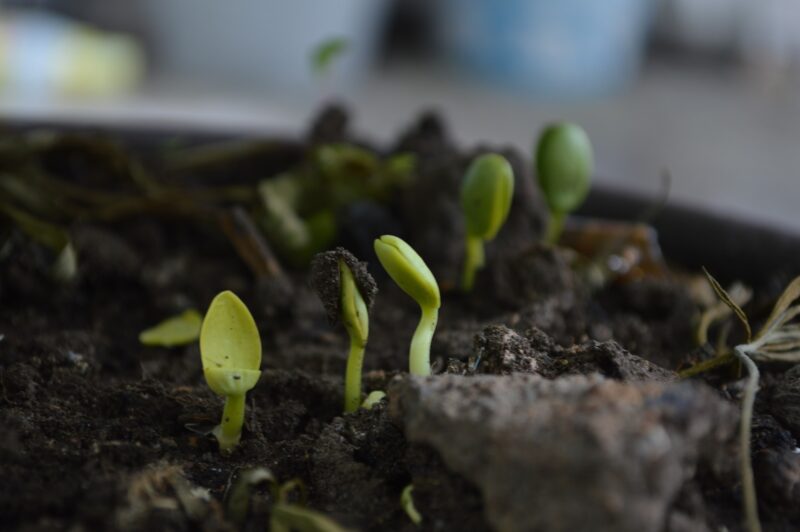
Animals
Animals aren’t strictly necessary, but can really help on the path to living a sustainable lifestyle. There are plenty of animals well suited to small backyard farms like rabbits, chickens, ducks, dwarf goats, or honeybees. click here to read more about backyard livestock. Even if you don’t want to raise animals for their meat, many farm animals offer a dual purpose like eggs, honey, milk, or fiber. In addition to these benefits, farm animals can help in the garden by providing tons of rich compost.
- Learn how to raise chickens – they are often considered the “gateway” animal to farming because they are easy & fun to keep! Just a trio of hens can provide your family with well over a dozen eggs a week click here to browse my chicken-keeping articles
- Learn about how to humanely butcher animals. Even if you don’t intend to do it yourself, it’s a good idea to know the basics. If you can’t do the deed yourself but still are interested in farm-raised meat, either find a local butcher who can process your animals, join a local CSA that includes meat, or buy directly from a local farmer
- Learn how to humanely hunt and/or fish – and how to properly clean the animal & responsibly handle a gun
- Learn how to keep bees. Not only will you reap the benefits of fresh honey, but your garden will benefit from the extra pollinators and you can have a hand in ensuring bees are around for future generations
- Learn how to milk a cow or goat
- Learn how to shear a sheep, alpaca, or fiber rabbit
- How to trim a goat or sheep’s hooves
- Find a vet that has experience treating farm animals
- Be prepared for medical emergencies & issues – especially in the suburbs a farm vet might not be available. Keep a stocked first aid kit for any animals you keep. Click here to see what’s in my chicken first aid kit, click here to read about giving your chicken a health exam
- Understand the basics of animal breeding & birthing. Know what is normal, what you can do to assist, and what to do in an emergency
- Learn how to candle eggs and how to incubate an egg clutch if the mother hen abandons them
- Learn how to build your own coop, hutch, barn, shelter, feeders, and fences needed to safely keep animals
- Learn how to grow your own fodder to save money on feed
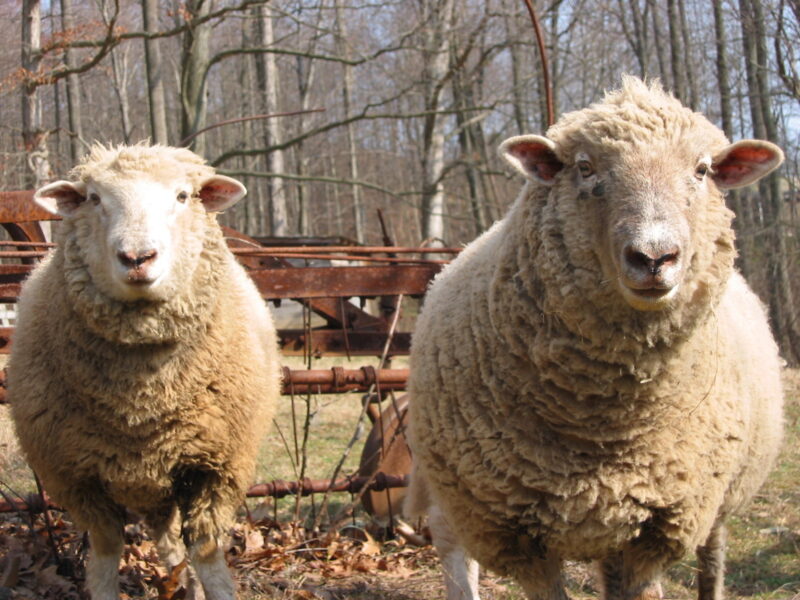
Self Sufficient Skills
Modern homesteading isn’t just about unplugging from the grid and living like Ma Ingalls. It’s about depending more on yourself and your local community and less on chain stores. It’s about reusing and recycling rather than buying new. It’s about reviving & keeping alive “old school” skills. Since no one can do it all, join a local CSA, and frequent farmer’s markets and craft fairs. Support other local artisans, farmers & homesteaders. One of the best parts about homesteading is the community bonds!
- Learn how to cook from scratch
- Learn about eating seasonally
- Learn how to use fresh herbs & spices
- Learn how to cook over a fire
- Learn how to use & maintain long lasting cast iron cookware click here for tips
- Make your own jams, jellies, sauces & broths click here for my favorite jam recipe!
- Bake your own bread & pastry crusts – it might not save you much money, but it’s so satisfying, tastes a million times better, and doesn’t have all the preservatives that store-bought comes with click here for my honey wheat bread recipe
- Make your own cheese – click here to get started
- Make fresh butter, you will never buy from the store again!
- Make your own cleaning supplies – better for the earth, better for your wallet & health, and incredibly easy! Click here for ideas for bathroom cleaners. Click here for ideas for kitchen cleaners
- Find the best places for free materials for craft & building projects – including scrap yards, thrift stores, Craigslist, yard sales, Facebook groups, and always keep an eye on the side of the road for freebies
- Build a homesteading library – the internet is great, but nothing beats a book that can really delve into a subject click here to check out my book on chicken keeping
- Take advantage of technology – I have learned so much from YouTube videos, everything from spinning to knitting to soap making, it’s all there and it’s all free
- Learn basic carpentry & welding skills
- Learn about herbal remedies – how to make natural salves and how to use essential oils
- Make your own laundry detergent and use a clothesline
- Learn how to spin wool into yarn
- Learn how to knit, crochet, quilt – it’s a fun hobby that can make something useful for your family
- Learn how to sew – start with how to repair a loose button, how to hem pants, how to repair a tear, how to patch pants then work your way up to making clothing, curtains, and more
- Learn how to make soap – click here to learn how
- Learn how to make your own beauty products – click here to learn how to make lip balm
- Learn the basics of maintaining your car & home yourself
- Learn how to purify water for emergencies
- Research alternate energy solutions and if possible implement them to reduce your reliance on the grid
- Learn how to make your own candles
- Learn how to forage in your area for local edibles
- learn how to identify poisonous vs non poisonous mushrooms
- Learn how to split, stack, & season firewood to heat your home
- Live within your means and limit your debt
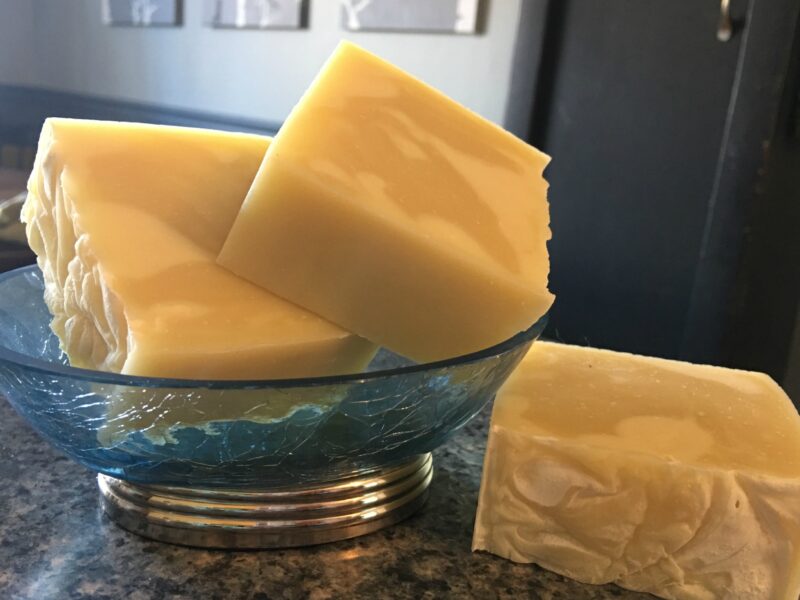
Community
One of the greatest things you can do for your homesteading journey is to find other like-minded people. Having a community to bounce ideas off, ask questions, barter & trade with, or just commiserate with when things go wrong is vital. Check at your local feed store to see if there are any groups that meet regularly, bring it up at your next HOA meeting to see if any of your neighbors are interested in forming a co-op, or check Facebook groups to see if there are any local homesteading groups you could join (or maybe start your own if you can’t find one!)
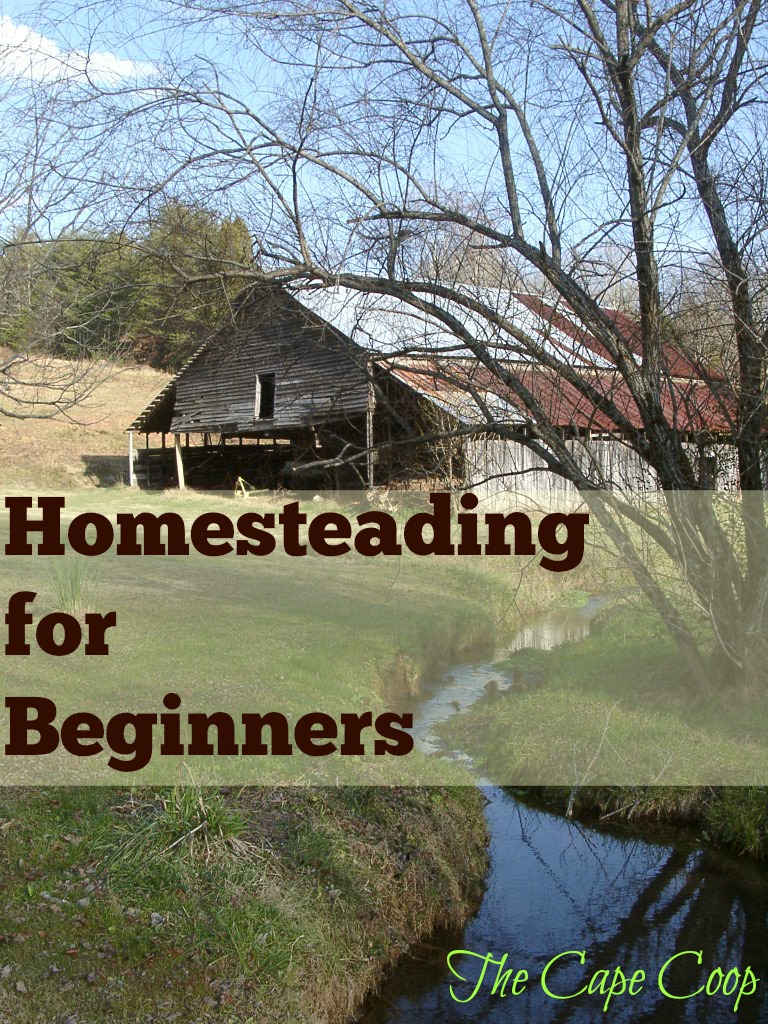

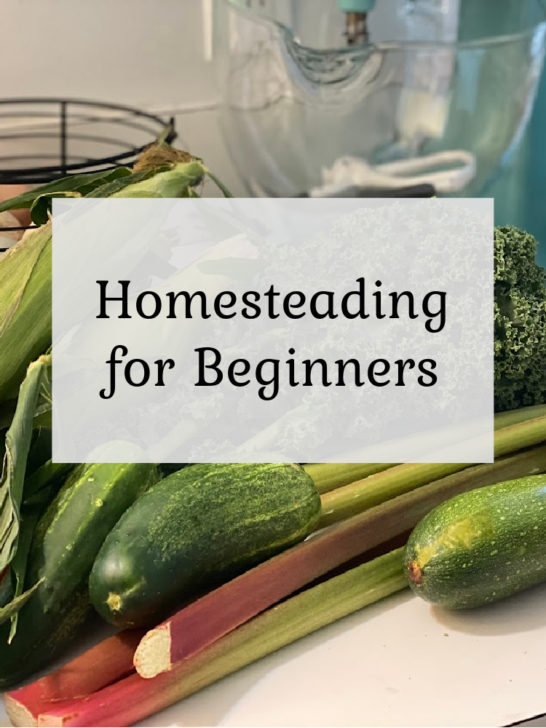
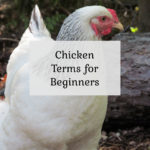
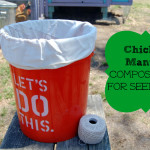
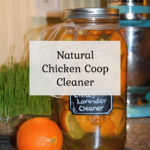
Kathleen
Friday 25th of December 2020
Great resources, think I'll get into that spinning & jam making!
Carol Hughey
Wednesday 18th of March 2020
Hello! We would love to talk to you about sharing some of your articles with our PInk Tractor community. Please check out our e-edition and website...www.pinktractor.com.
Looking forward to hearing from you. Carol Hughey Co-Editor Pink Tractor
Liz
Wednesday 18th of March 2020
Hi Carol, I would love to be involved, I'll send you an email :)
Julia Begeman
Sunday 29th of July 2018
I love all the ideas in here! I can't wait to get settled into a place so I can start really growing plants and have fresh herbs for cooking and making soaps. Then on to more!
Liz
Sunday 29th of July 2018
Excellent Julia! It’s hard work but so rewarding!
Mark Henry
Thursday 9th of November 2017
Good to read :) Thankd for sharing :)
http://homestead.org/